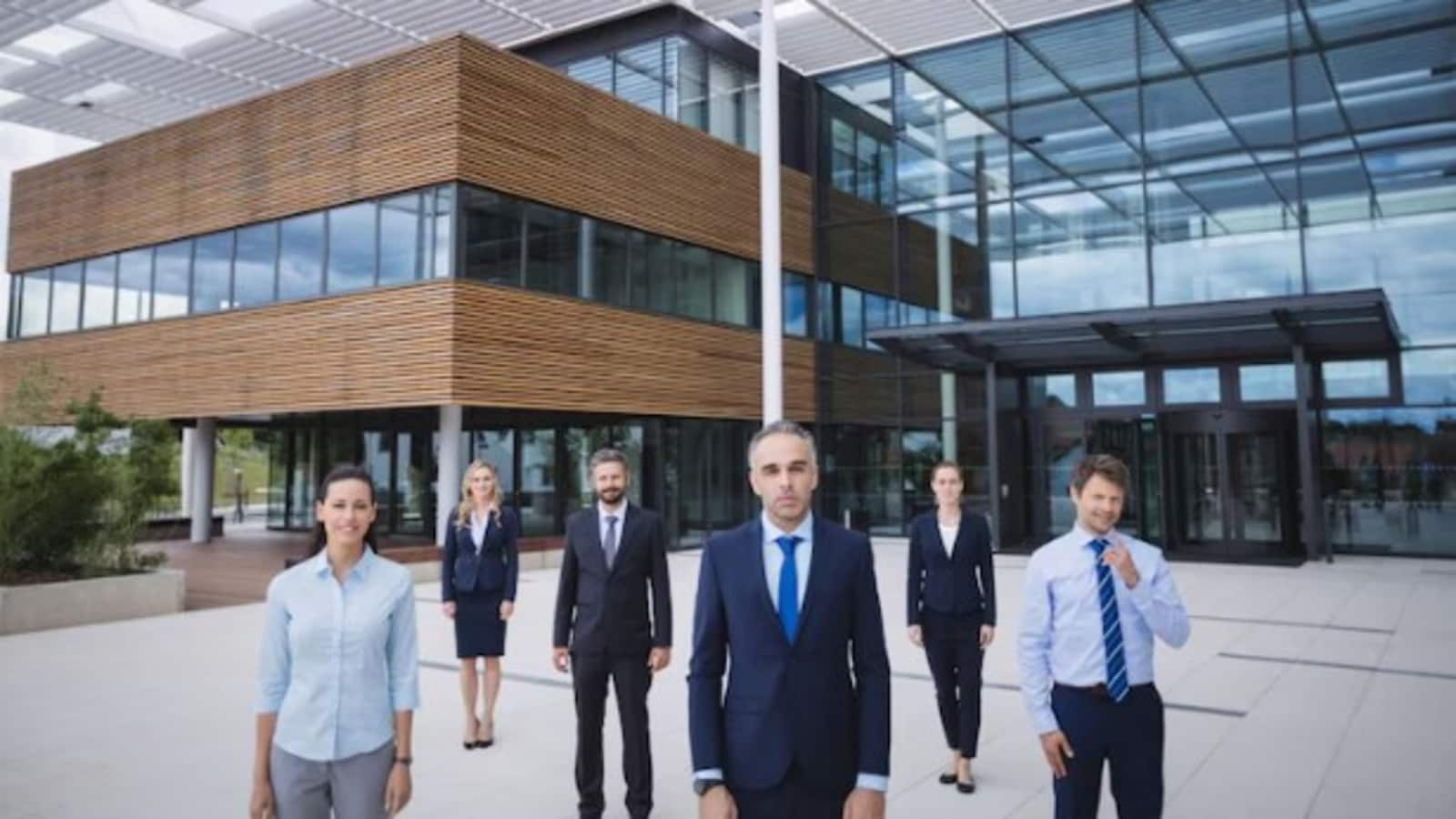

The Maharashtra Pollution Control Board (MPCB) has given its consent to the construction of a passenger jetty near the Gateway of India, a project that has been the subject of much debate and controversy. This approval comes shortly after the Supreme Court declined to halt the project, signaling a green light for the Maharashtra Maritime Board (MMB) to proceed with the ₹229-crore development.
The proposed jetty, slated to be built at Radio Club, aims to ease congestion at the Gateway of India and enhance facilities for waterway passengers. State Ports Minister Nitesh Rane has affirmed the government's commitment to the project, emphasizing its importance for improving public infrastructure. The MMB anticipates that the new jetty will reroute boat traffic, reducing congestion and upgrading existing amenities at the Gateway of India, a significant hub for maritime activity. The project is expected to be completed within 30 months.
However, the project has faced significant opposition from local residents, primarily from the Clean Heritage Colaba Residents Association (CHCRA), who are concerned about potential damage to the heritage precinct, increased traffic congestion, and environmental impact. They argue that the construction could disrupt the area's delicate ecological balance and pose a threat to nearby heritage structures. Residents have voiced concerns about the already rampant illegal parking along Prem Ramchandani Marg, the road connecting Radio Club and the Gateway, fearing that the new jetty will exacerbate the situation. The CHCRA, representing over 400 residents, had approached the Bombay High Court seeking a stay on the construction, but the court declined to grant an interim stay, noting that the project appears to be in the public interest. The Supreme Court also weighed in, refusing to entertain a plea challenging the High Court's order and requesting the High Court to expedite the matter, preferably before the end of the monsoon season in 2025.
The MPCB's consent comes with specific conditions to mitigate environmental concerns. These include prioritizing LED-based lighting for energy efficiency, controlling noise from generator sets through acoustic enclosures, and ensuring the scientific disposal of non-hazardous solid waste. The MPCB also reserves the right to review, amend, suspend, or revoke its consent.
Concerns have also been raised about traffic management, particularly on PJ Ramchandani Marg, where the jetty entrance is located. The Mumbai Heritage Conservation Committee (MHCC), while granting its No Objection Certificate (NOC), suggested introducing an additional layover/pickup-drop lane to regulate traffic and urged the MMB to consult with the traffic department.
Despite the ongoing opposition, authorities maintain that the jetty is a public infrastructure project intended for the benefit of daily commuters and tourists. They refute claims that the facility is designed exclusively for VIPs. The Supreme Court has drawn parallels to the Mumbai Coastal Road project, which initially faced public resistance but is now recognized for its benefits in reducing travel times and improving connectivity. Similarly, authorities hope that the passenger jetty will ultimately be seen as a positive addition to the city's infrastructure.
Other major infrastructure projects are underway in Mumbai, aiming to transform the city's landscape and improve connectivity. The Mumbai Coastal Road Project, linking the Bandra Worli Sea Link to Marine Drive, is nearing completion, with a new 7.5-kilometer sea-facing promenade set to open soon. This promenade, featuring pedestrian underpasses and green spaces, promises to enhance the coastal experience for residents and visitors. Furthermore, the Navi Mumbai Airport is expected to open by August 2025, with a coastal road connecting it to the Atal Setu, further enhancing connectivity in the region.